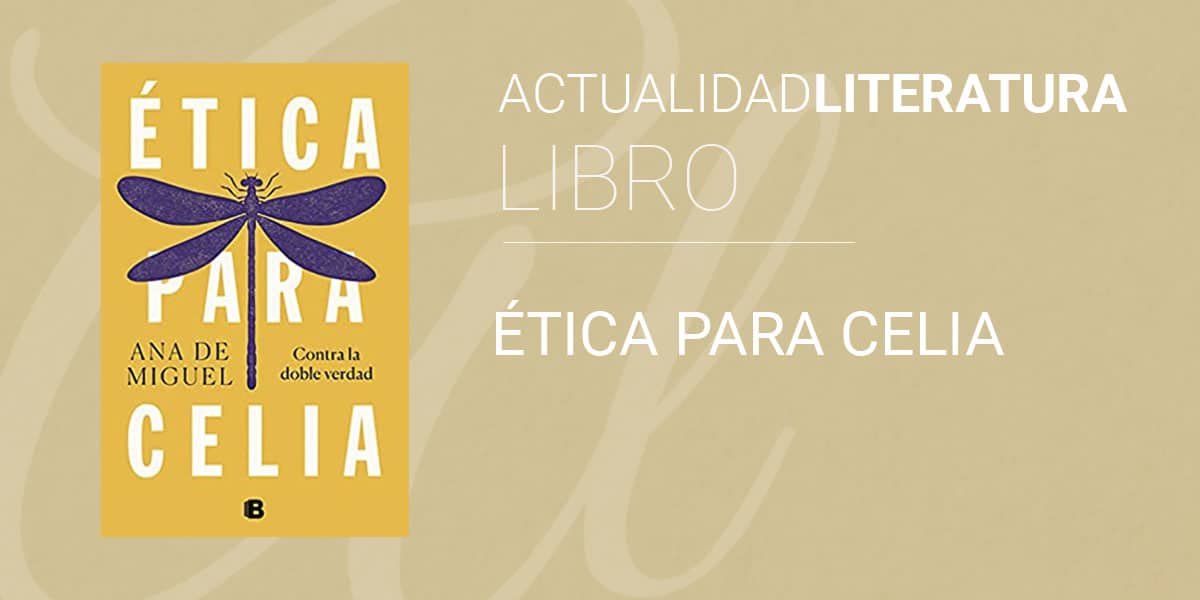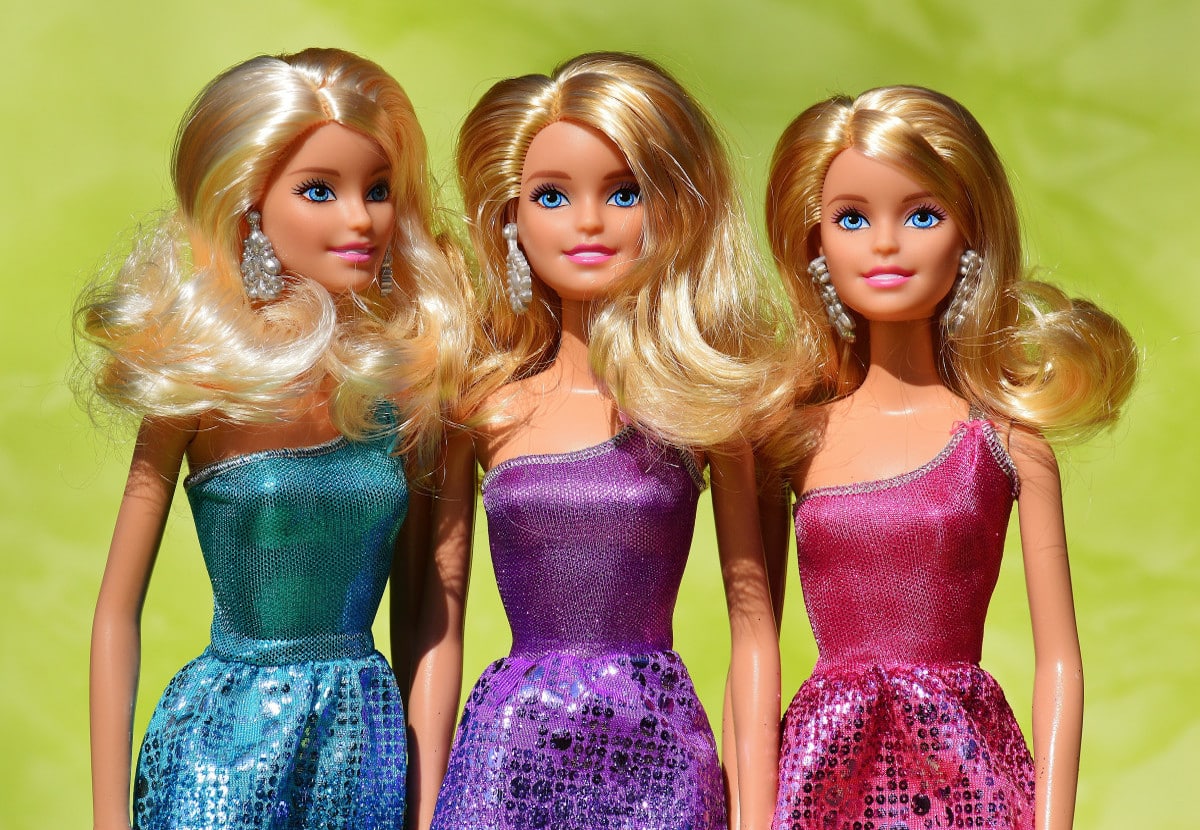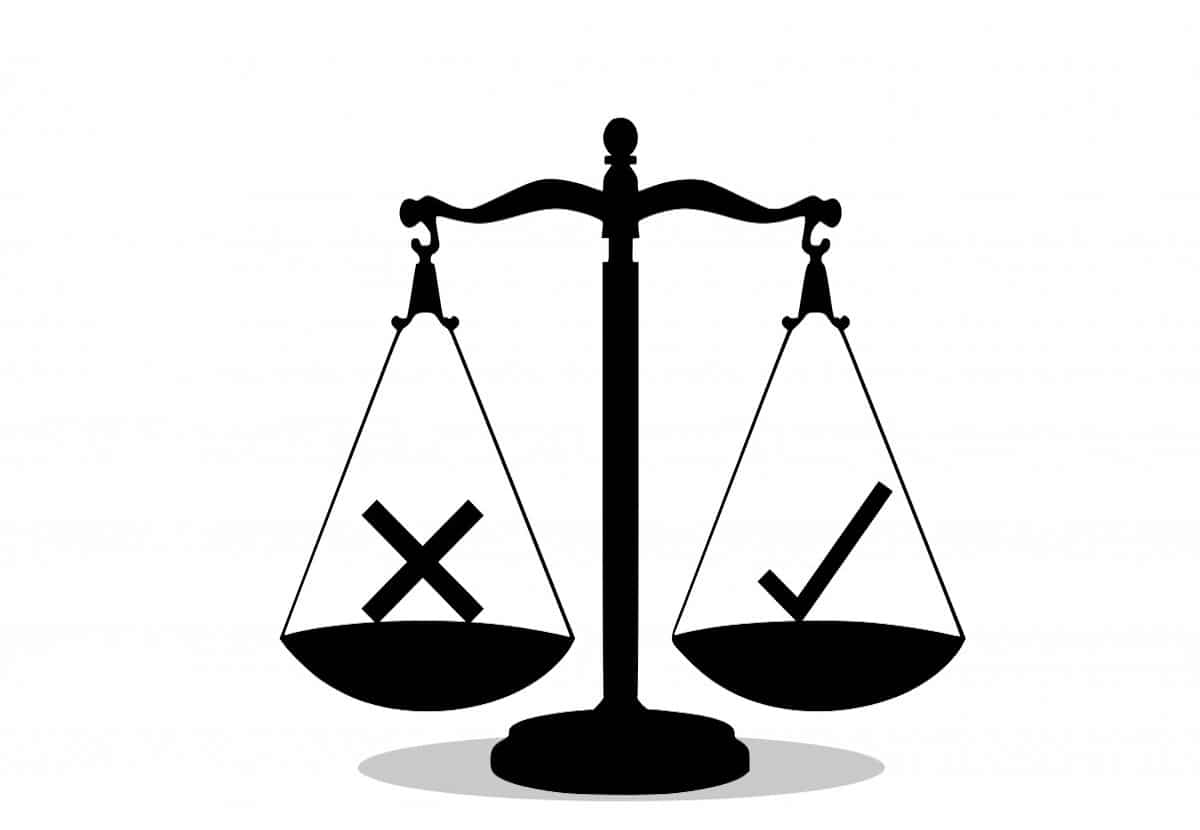
Ethics for Celia is a very accessible and honest philosophy book by Professor Ana de Miguel. She deals with the social position of women and the place where she has been exposed, before the watchful eye of others and under which she finds herself subjected today. It was published in the year 2021.
It could be a feminist book, the author is, however, to label it only in this way would be to fall far short. It is a current portrait, a very appropriate reflection for these times that collects the thought and the reason why even today women cannot live in complete equality with the man. Did you know him? Let's find out.
Ethics for Celia
Ethics and the basic problem
What is ethics? The RAE describes it in several meanings and defines this concept as "a set of moral norms that govern the conduct of the person in any area of life", or as "part of the philosophy that deals with the good and the foundation of its values ». The keywords would be "moral", "values" and "conduct".
The conduct of girls and women has been subjected to the designs of the others, of the men and women who preceded them, including the women who were educated at the time. Patriarchy has been perpetuated by men and women, and most of us will agree on this. We are all part of the system, and This system and this way of instructing and continuing an imposed moral rectitude is what Ana de Miguel tries to show. so that once again society becomes aware of the basic problem.
the double truth
Ana de Miguel talks about the double truth. What is the double truth? It is a duality for boys and girls permanently segregated by their education, obligations, rights, destiny and socialization. The philosopher focuses a lot on this fact. Since the socialization of girls is totally different from that of boys, because historically they have had different roles to fulfill.
It exposes how the woman has always been seen through the other. And who is the other? Everyone, men and women. The woman has been made for the other. under constant scrutiny, the woman has been a mother, has been a wife, daughter, sister, caregiver, housewife. And Ana de Miguel simply denounces this fact with a very accessible style. She puts it in context, brings it to the present and says: «look, there you have it, lThe residues of the problem are still here, we are going to change this situation».

The voice of Ana de Miguel
Ana de Miguel speaks forcefully, reflecting on issues that have always been there, discussed by other thinkers, and returns to the load for make us all aware as a society to take responsibility for our part. Because it affects everyone. To the women who suffer and perpetuate it and to the men who actively engage in gender dissimilarity or who, on the contrary, maintain it with their inaction.
The book talks about the lack of empathy that exists. It is an essay for the community as a whole because it is also addressed to men who have not yet seen that something is failing in the parity of society As for the role play. Without the gender perspective and without the necessary empathy, it will be very difficult to change the balance so that it is completely equal. Ana de Miguel affirms that the double truth has mutated, especially in the last decades, but it has not become extinct.
This book is also a challenge to the thinkers of the philosophical tradition, whose creators have been mostly men. But does not get lost in cumbersome reflections, but fluently explains the root of the problem to raise awareness. In addition, she elaborates on the different aspects of the invisibility of women, having been ignored in public life, or harassed as a victim of sexual violence.

Conclusions
Ethics for Celia is a book that talks about the problems of historical inequality between men and women, touching in an effective and simple way the elementary question: that we are not equal, because we have not been raised equally. The children had to be away from home, be the providers, be strong and leaders, for which they had to develop their aggressiveness. Girls, on the contrary, were raised to be at home, in the care of the family and cultivating a peaceful, loving character that would keep them away from dangerous situations.
However, all this can evolve and for this de Miguel hits the right key when he talks about empathy, socialization, morality and equality. All this can be changed; What's more, the change has begun. But for this to be definitive, everyone has to take their own share of responsibility and join in solving the problem.
Ana de Miguel chooses an ethic to exemplify in a practical way the most cryptic concepts of philosophy and thus understand it, and put means for change. And she also does it by choosing the name "Celia" in a nod to the writer Elena Fortún.
Some notes about Ana de Miguel
Ana de Miguel was born in 1961 in Santander. He studied Philosophy at the University of Salamanca and is a professor at the Rey Juan Carlos University of Madrid. In this university he is the holder of the subject Moral and Political Philosophy. She is also director of the course "History of Feminist Theories" at the Complutense University of Madrid.
This author is a researcher whose studies focus on feminist and marxist currents. Among his publications, the following titles stand out: Sexual Neoliberalism: The Myth of Free Choice (2015) Alexandra Kollontai (2011), or Marxism and feminism in Alejandra Kollontai (1993)
